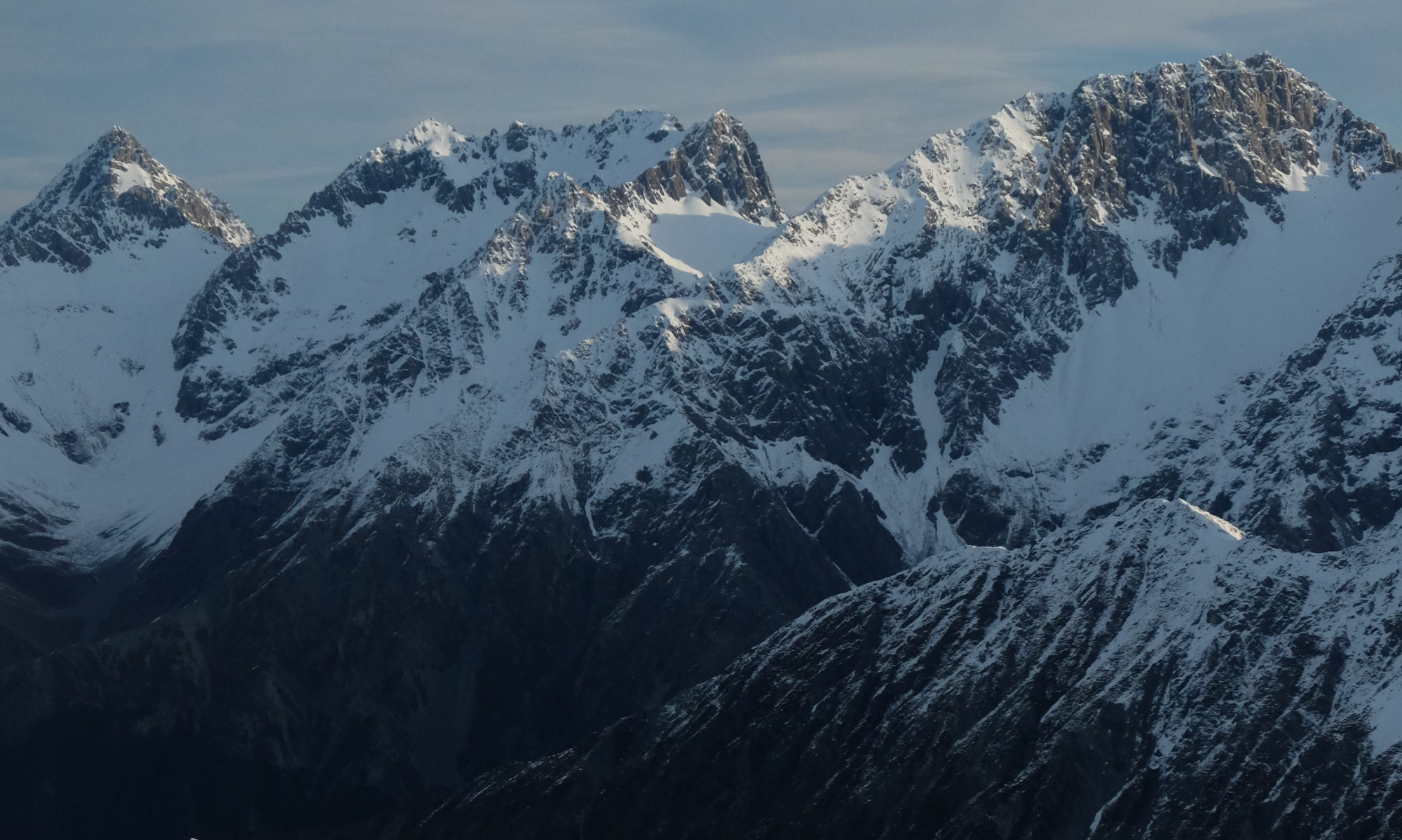What’s the difference between addiction and habit? Both can be damaging to yourself and those around you. Both can be hard to break; even if you think you can stop whenever you want, sometimes knowing when is the hardest part. With addiction, part of recovery is surrounding yourself with a community that supports your new direction, but what do you do when addicts are everywhere? Where do you go and how do you cope when the habit you’re trying to break is embedded into every aspect of society, every part of community, movement and mobility?
It’s been years we’ve spent without an automobile, but there isn’t some sort of oasis we can retreat to. Automobiles are ubiquitous, they’re everywhere, and when they don’t provoke apathy, they insight anger and frustration. But perhaps the most insidious part of their omnipresence is the temptation. No matter how hard you’ve worked to change your habits, no matter how long since you’ve broke the addiction, the temptation is always there, just as far away as the turn of a key.

What’s the hardest part of car free life? I’ll tell you. It’s not the speed or lack thereof, it’s not the discomfort or inconvenience, in a word, it’s not the limitations. The hardest part is being surrounded by a society that has not collectively recognized the need and urgency for us to stop burning fossil fuels, so while our friends, family, and neighbors outwardly respect or “admire” our decisions and determination, their actions speak to a different reality, namely that we are naive or unrealistic in our approach. The hardest part of this lifestyle is that we are alone, like the addict who leaves behind his community of users, I feel like there will always be a hole I’m trying to fill, and worse of all I’m not running away from something collectively deemed unhealthy like drugs or alcohol, but a substance and action that most people regard as something necessary and intrinsic to our success, happiness, and freedom. So while my resolve tells me to continue, social clues tell me that I am repressing these basic and beloved aspects of life, and it’s tearing me apart.
Our attitude is like a form of collective amnesia, in that we have somehow managed to marginalize the fact that burning fossil fuels for transportation is leading to an irreversibly compromised ecosystem. It is not unlike an addiction; in that we rationalize and legitimize every drive, and manage maintain ignorance that we are causing harm, or that there might be an alternative.

Occupying this space has desensitized me, it has worn me down. For years I have lived without a car while surrounded by a culture addicted to the automobile, and despite my passion and satisfaction for the path I’ve chosen, the fact remains that the logical conclusion to this experiment is to return to the life of an automobile owner. As much as I reject this idea, I feel the pull, I feel the temptation, and it has never disappeared.
There are no support groups, no sponsors, no patches to apply to my skin, there is only the determination and drive that is born from my will, and the living spirit of revolt that burns within me. This space is my confessional, my redemption, and my inspiration, and when I return here I find solace, support, and rejuvenation. There is only one other place like this; only one other space where I find encouragement and inspiration, and that is in the saddle of my bicycle.

I have relapsed. I have broken down, only to draw determination from my weakness. I have driven, and I’m sure I will again, after all it’s only expected of me, that this lifestyle I’ve chosen is too hard, too impractical, and that I cannot devote myself to it.
This world breed’s fundamentalism, and our addictions are examples of this. Whether it’s a drink or a drive, the relapse defines an addict, in that we expect he will eventually break down. We do not trust the man who tells us that living without an automobile is possible if we only try, we expect him to be fanatic, to never accept a ride, never step foot in a car, and reassure ourselves of his unrealistic view when he eventually succumbs and takes part in our system of transportation.

I beg for ignorance, for the ability to legitimize this addiction, but for whatever reason this is a faculty I do not posses. So I will continue to be an addict, I will continue to be tempted, to relapse, and to offer you an example of why this lifestyle is so unrealistic. You’re welcome.


